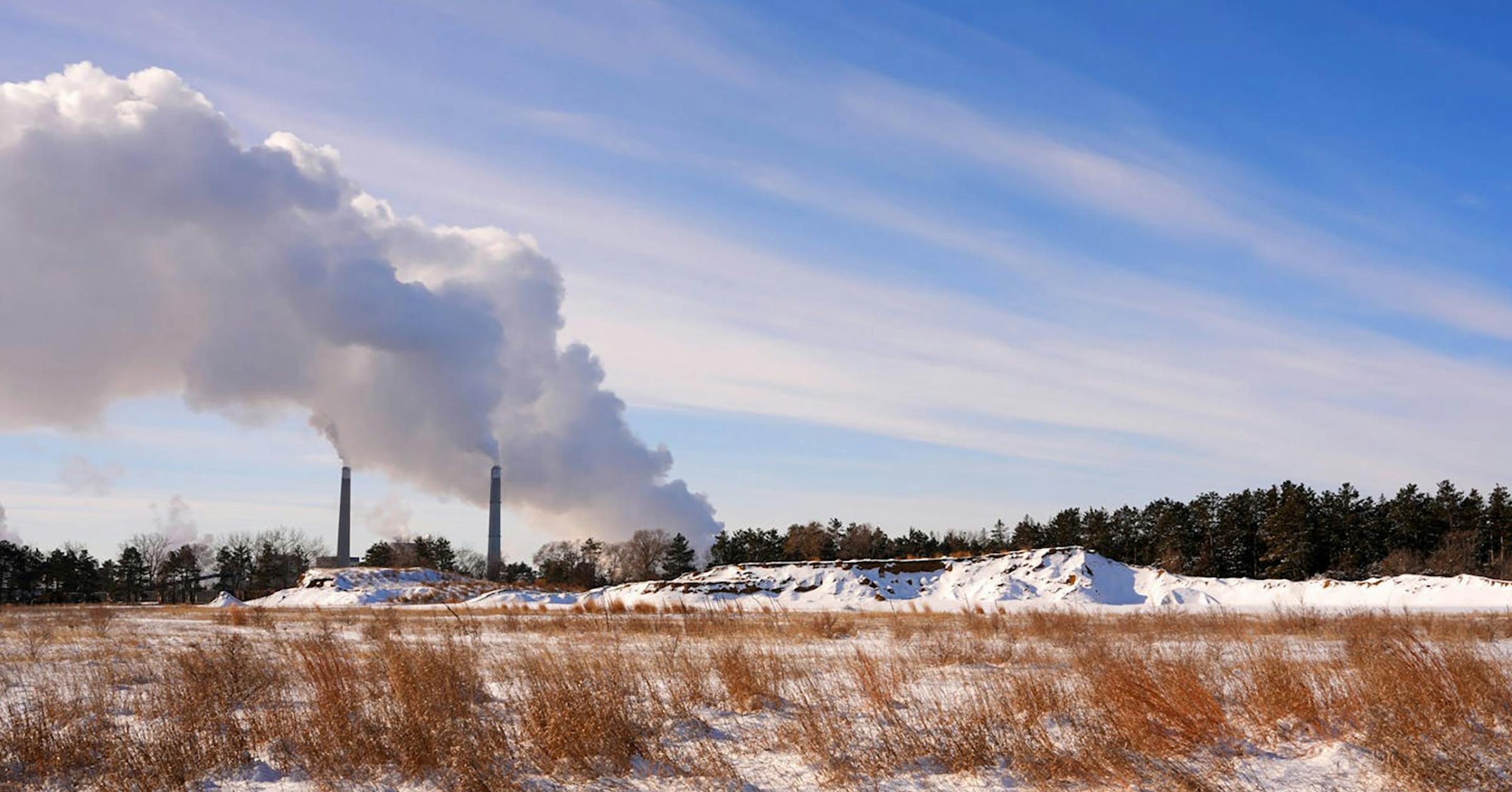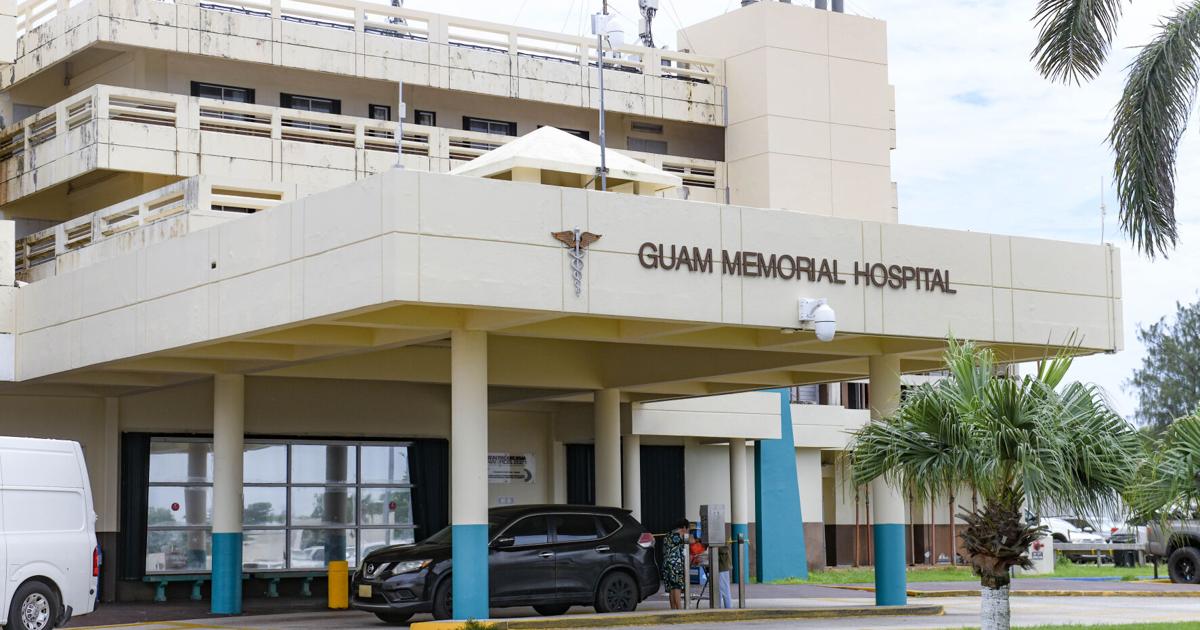
Opinion editor’s note: Strib Voices publishes a mix of guest commentaries online and in print each day. To contribute, click here.
Across Minnesota, and here in greater Mankato, debate about data centers has intensified. These projects are sometimes portrayed as secretive or harmful, but when thoughtfully planned and regulated, they can deliver significant economic benefits while meeting high environmental standards (“Are Minnesota cities secretly building data centers? Residents deserve to know,” Sept. 11).
Data centers are the backbone of the digital economy. They house the infrastructure that powers our online commerce, streaming, education and health care systems. Attracting one to greater Mankato represents a potentially transformative investment and a chance to diversify our economy. Construction injects millions of dollars into local businesses, from union electricians and steel workers to local contractors, restaurants and suppliers. The economic ripple effects reach far beyond the building site.
Once operational, data centers employ skilled technicians, security personnel, facility managers and maintenance staff. These are high quality jobs that support families and help retain talent in our region.
Large commercial projects also expand our property-tax base, helping hold the line on residential property taxes, which benefits every homeowner within that jurisdiction.
Minnesota’s environmental review laws and the public’s right to know are foundational. Suggesting that data center projects are categorically “secret” ignores how large investments are negotiated in competitive environments. Developers and municipalities across the nation often use nondisclosure agreements in the exploratory stage. This does not mean the public is left out forever. It allows companies to assess feasibility before committing to a public process.
We should also recognize that organizations outside our community may have different perspectives or priorities, but decisions about greater Mankato’s future are ultimately best made by those who live and work here. Residents, local officials and business leaders are closest to the issues and understand our community’s needs and values, making them best positioned to shape a balanced approach.



